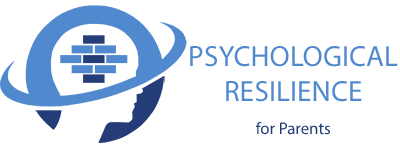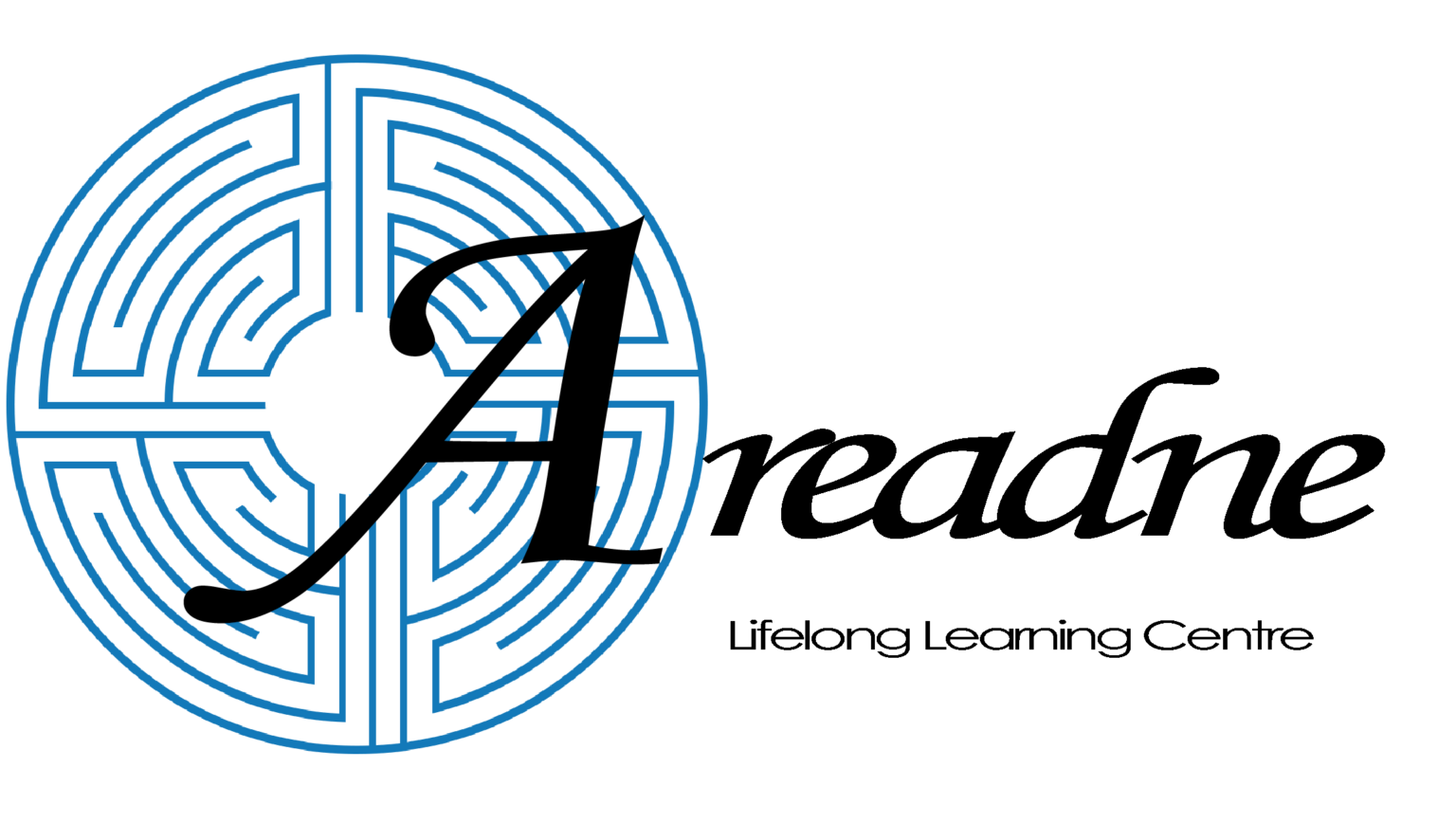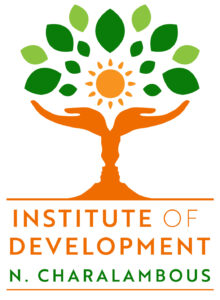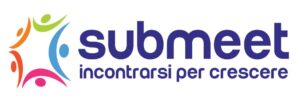Psychological Resilience for Parents
Be more resilient and efficient in your parenting role
ERASMUS+ KA2 – Strategic Partnerships for Innovation
We are implementing the project for 30 months: from 01.12.2020 to 31.05.2023

About the project
The “Mental Resilience for Parents” project builds parents’ competences so that they are more resilient and efficient in their parental role. The partnership will develop educational materials to inspire and impact parents across Europe and beyond.
As part of the project, the following will be created:
- Resilience for Parents Handbook
- Exercises and tools for parents to work on themselves and with their children
- Multimedia platform “Resilient Parents” containing all project materials, videos, webinars, inspirational stories, etc.
(..) The most revealing <for me during this conversation> is that mental toughness is essential. And children – their mental resilience depends on ours. Solomon will not pour out of an empty one. This is the basis of upbringing, we must have strength and resilience ourselves. Resilience is mental maturity.
Educational Materials
Testimonial
“The materials that I hold in my hand are a lot of practical knowledge that I feel we should all acquire (gradually, of course) already at the stage of kindergarten and primary school. How do I take care of myself, how do I notice that I’m feeling bad, uncomfortable, that I’m about to explode? How do I relieve tension, how do I communicate constructively to express what I really mean? It’s so obvious, and at the same time it seems like secret and hard-to-access knowledge for many of us. It’s good that there are materials, places, workshops, exercises that teach us how to better deal with ourselves and others. I am very grateful for these materials and I hope that they will help many parents, as well as me, to tame their family life.”
Karolina Gruza – mother of a young son
Benefits of reading the materials:
- You will receive practical tips, exercises and explanations of why it works – written by practitioners! You will receive a guide presenting different approaches to mental resilience for parents with about 50 exercises that you can do on your own or in cooperation with another person, e.g. a friend or partner.
- You will get to know a unique, multi-faceted approach to self-care! We will present you as many as 9 different concepts. It’s a good idea to explore a few different options and then choose the one that suits you best. Each of us is different and may need something different at different stages of life. Usually, programs on stress or resilience present 1, 2 or a maximum of 3 concepts. Here you will have the opportunity to meet as many as 9.
- You can find the best method and practice for you on how to regenerate! We are not going to tell you that method X or Y is the best for you. You will be able to try many of the included exercises, read the guide and choose the best methods for yourself.
- You will learn scientifically verified methods! All concepts that are presented in the guide and webinars are research-verified in terms of their effectiveness in building mental resilience, regulating mood or otherwise affecting mental and physical well-being. In the materials you will find a bibliography and research results.
- You will learn the rules that will help you build your mental resilience! In the chapter “mental resilience for parents” you can find out what parental burnout is and what it is all about, what are the basic assumptions in building your own resilience and what the different concepts described in the other chapters offer.
You will be able to learn and practice as many as 9 different concepts:
- Neuroscience – what a parent can learn about the nervous system and how it affects the quality of parenting;
- Self-regulation – how to notice stressors (what stresses you out) and what strategy to choose to deal with them better;
- Positive psychology – how to notice and build your resources so that you can better cope with everyday stress;
- Attachment Theory and Attachment Parenting – or how to take care of relationships with yourself and your children to find more understanding and gentleness in everyday life;
- Yoga – an ancient concept and exercises that help you regain a sense of peace and get to know yourself better;
- Meditation – an ancient and modern approach to better insight into oneself and finding a sense of peace;
- Cognitive-behavioral approach – how to notice and work on beliefs that may additionally stress you;
- Mindfulness – exercises and practices that help in accepting thoughts, feelings, reality, etc., which leads to changes in the approach to them;
- Qigong – ancient exercises that release tension, give energy, improve concentration;





